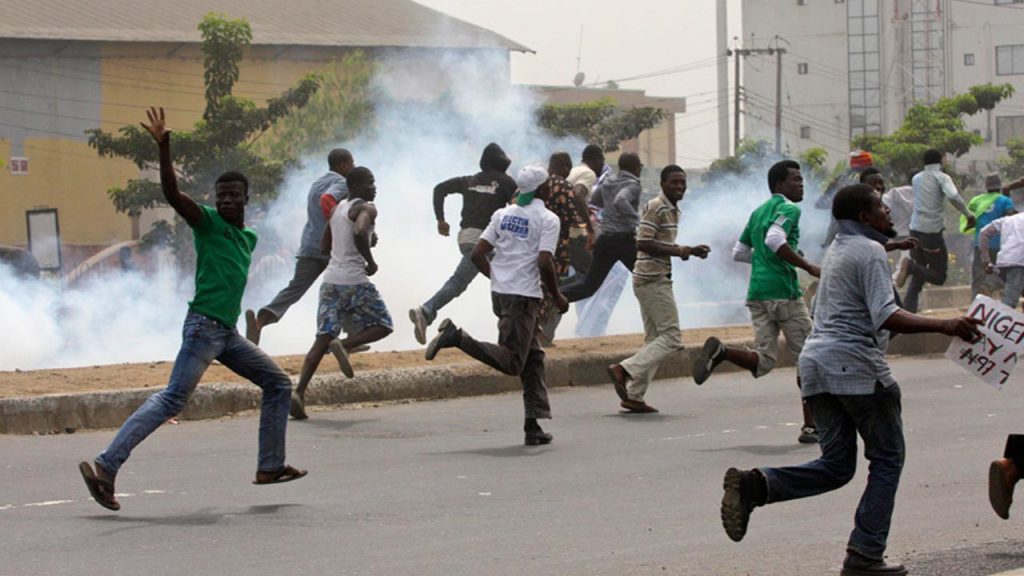Kenya is grappling with a persistent wave of violence in the North Rift region, and many are questioning whether the government will address the root causes of the conflict or rely on temporary solutions like military actions.
The situation in the North Rift is complex, fueled by issues such as land disputes, resource competition, and ethnic tensions. While national prayers and military interventions have been used in the past, the need for long-term strategies is becoming more urgent.
One key to resolving the violence lies in opening up dialogue among the affected communities. Pastoralists, local leaders, and conservation groups need to come together to share their concerns.
Their input is essential for creating policies that truly reflect the situation on the ground. Understanding how land is used, how resources are shared, and how ethnic groups interact is vital for crafting a peaceful solution.
The government must recognize these underlying factors if it hopes to bring lasting peace to the region.
Land policies are another area in need of review. In recent years, wildlife conservancies have grown in northern Kenya.
While these conservancies are important for protecting the environment, they have also led to the displacement of local communities.
As pastoralists lose access to grazing lands, tensions with private landowners increase. For peace to take root, land management must be balanced, ensuring that both communities and conservancies can coexist without conflict.
Improving security is important, but it should be accompanied by development initiatives. Building infrastructure, providing better healthcare and education, and improving access to water can help reduce the economic struggles that make communities vulnerable to violence.
By investing in these areas, the government can help create alternative livelihoods, giving people in the region opportunities beyond cattle rustling and banditry.
Public trust in the government’s ability to protect its citizens is also crucial. To restore this trust, reforms are needed within the security sector.
Police and military personnel must be well-trained, well-equipped, and properly supported to do their jobs effectively. At the same time, security operations need to respect human rights, so that the very people they are meant to protect do not feel further alienated.
In conclusion, Kenya’s response to the North Rift crisis must go beyond symbolic gestures like prayers or quick military fixes.
A comprehensive strategy that includes dialogue, land reform, economic development, and security sector reforms is essential for addressing the real issues behind the violence. Only through these efforts can Kenya hope to bring lasting peace to the North Rift region.
For Kenya to secure lasting peace in the North Rift, addressing economic inequalities is crucial. Many of the issues fueling the conflict are rooted in poverty and lack of opportunities.
Without access to basic services like healthcare, education, and infrastructure, communities in the region often turn to cattle rustling and other forms of violence as a means of survival. Providing these communities with alternative ways to earn a living can significantly reduce their dependence on these harmful practices.
In particular, investment in education and vocational training can offer the younger generation a different path. Many young people in the North Rift are drawn into violence because they see no other way to earn a living.
By offering them skills training, they can explore alternative careers, which will reduce the appeal of banditry and cattle rustling. Development projects that focus on water supply, farming, and trade can also create new economic opportunities in the region.
Furthermore, the government must work closely with local leaders and organizations that understand the community’s needs.
These leaders can play a crucial role in bridging the gap between the government and the people, ensuring that development projects are both effective and sustainable. It is important to involve the community in every step of the process, from planning to implementation.
Lastly, Kenya must continue to work on healing the divisions between different ethnic groups in the region. Long-standing tensions over land and resources have worsened the violence.
Peace-building efforts that bring together different ethnic groups, encourage dialogue, and promote mutual understanding are essential for breaking the cycle of conflict.
In summary, the path to peace in Kenya’s North Rift requires much more than temporary fixes or symbolic gestures.
By focusing on inclusive dialogue, land reform, security improvements, and long-term economic development, the government can address the root causes of the violence and create a more peaceful, prosperous future for the region.
The road ahead is challenging, but with comprehensive strategies and the involvement of local communities, a lasting solution is within reach.



















